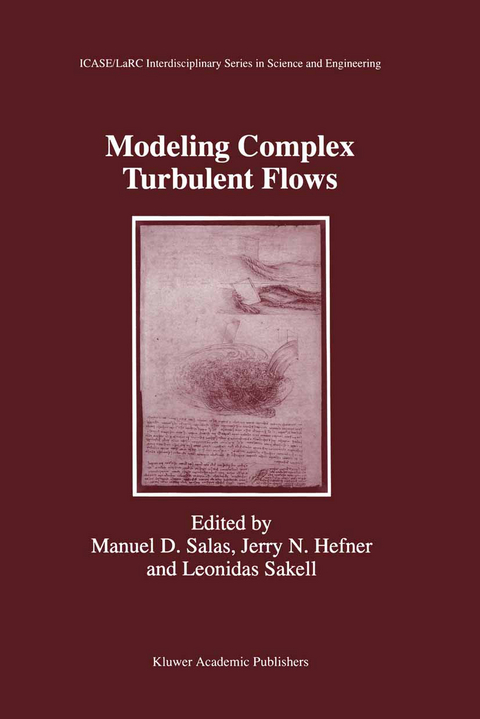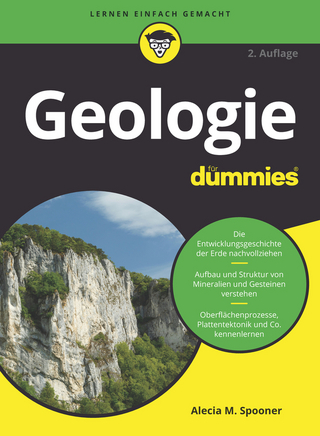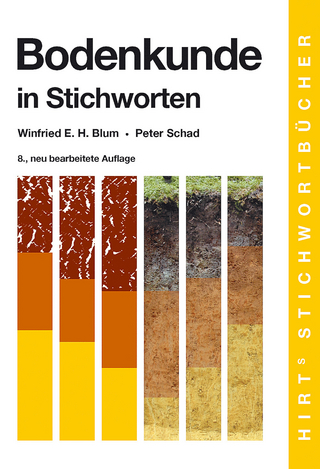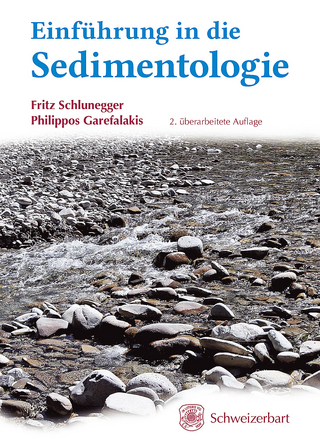
Modeling Complex Turbulent Flows
Springer (Verlag)
978-0-7923-5590-8 (ISBN)
Current and Future Needs in Turbulence Modeling.- Army Turbulence Modeling Needs.- The Best Turbulence Models for Engineers.- The Modeling of Turbulent Flows with Significant Curvature or Rotation.- A Perspective on Turbulence Modeling.- Developments in Structure-based Turbulence Modeling.- The Low Dimensional Approach to Turbulence.- Modeling Non-equilibrium Turbulent Flows.- Development of Algebraic Reynolds Stress Model for Non-equilibrium Turbulence.- Toward a Vortex Method Simulation of Non-equilibrium Turbulent Flows.- Two-point Closures and Statistical Equilibrium.- Modeling the Turbulent Wall Flows Subjected to Strong Pressure Variations.- Some Structural Features of Pressure-driven Three-dimensional Turbulent Boundary Layers from Experiments.- Physics and Computations of Flows with Adverse Pressure Gradients.- Computations of Complex Turbulent Flows Using the Commercial Code FLUENT.- Simulation of Shock Wave-turbulent Boundary Layer Interactions Using the Reynolds-averaged Navier-Stokes Equations.- Some Results Relevant to Statistical Closures for Compressible Turbulence.- Transport Coefficients in Rotating Weakly Compressible Turbulence.- Development of a Turbulence Model for Flows with Rotation and Curvature.- Modeling and Analysis of Turbulent Flows in the Presence of Rotation and Curvature.- List of Attendees.
| Reihe/Serie | ICASE/LaRC Interdisciplinary Series in Science and Engineering ; 7 |
|---|---|
| Zusatzinfo | X, 385 p. |
| Verlagsort | Dordrecht |
| Sprache | englisch |
| Maße | 155 x 235 mm |
| Themenwelt | Naturwissenschaften ► Geowissenschaften ► Geologie |
| Naturwissenschaften ► Geowissenschaften ► Meteorologie / Klimatologie | |
| Naturwissenschaften ► Physik / Astronomie ► Mechanik | |
| Naturwissenschaften ► Physik / Astronomie ► Strömungsmechanik | |
| Technik ► Maschinenbau | |
| ISBN-10 | 0-7923-5590-3 / 0792355903 |
| ISBN-13 | 978-0-7923-5590-8 / 9780792355908 |
| Zustand | Neuware |
| Haben Sie eine Frage zum Produkt? |
aus dem Bereich


